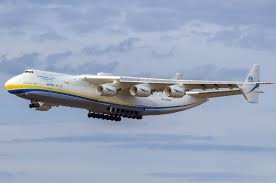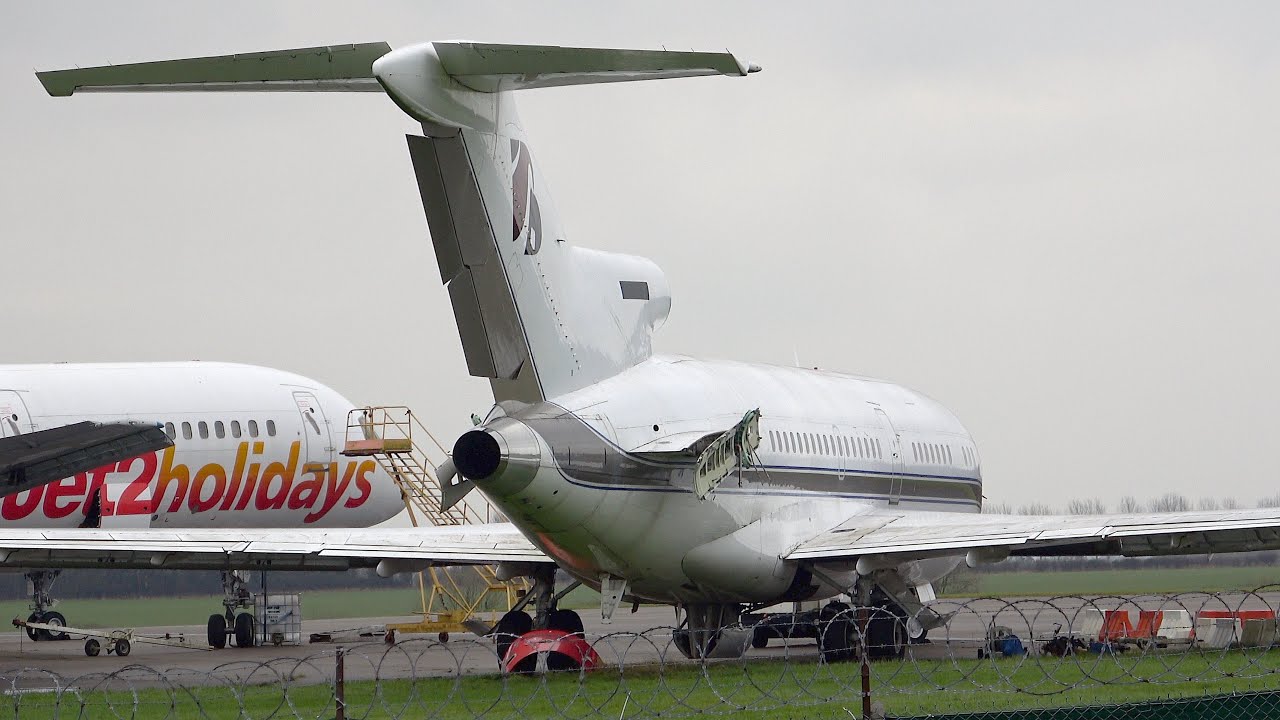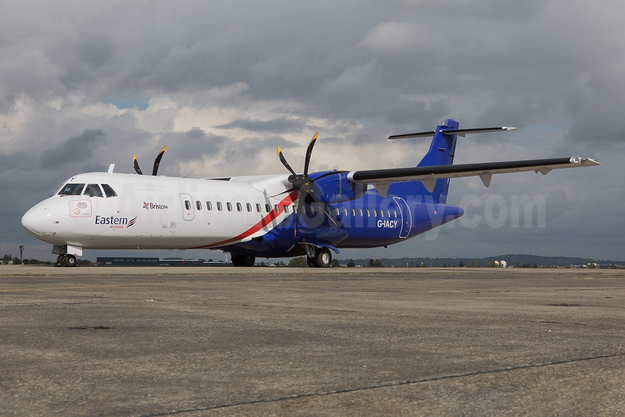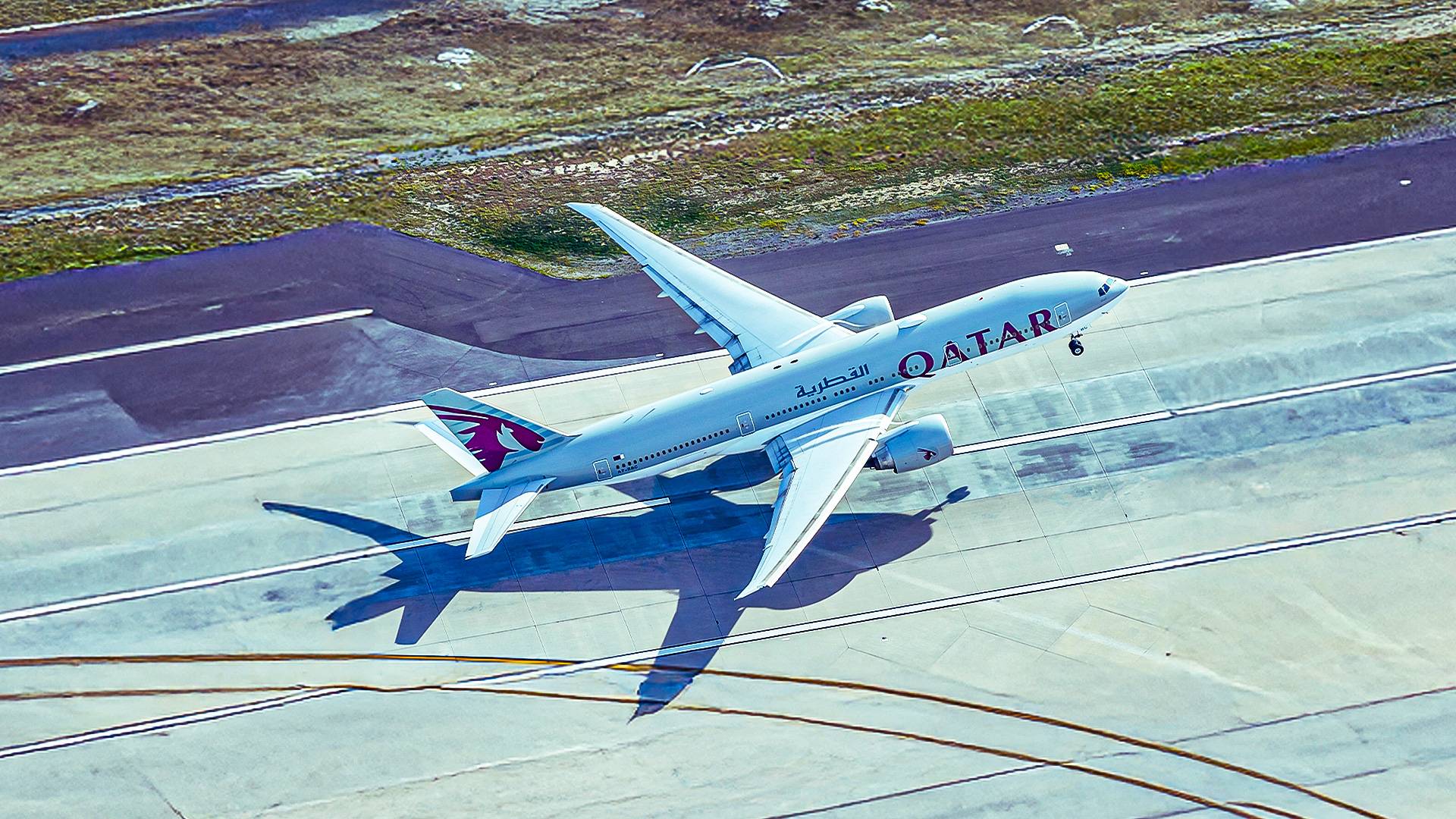
Introduction to Airplanes and Their Significance
Airplanes are a cornerstone of modern transportation, transforming the way people and goods move across the globe. With the ability to traverse vast distances in mere hours, airplanes have facilitated globalisation, commerce, and connectivity among cultures. As the world continues to evolve, so too do the designs, technologies, and regulations surrounding air travel. Understanding the importance of airplanes is essential, not just for aviation enthusiasts, but for anyone who benefits from air travel in their daily lives.
Recent Developments in Air Travel
As of 2023, the airline industry is witnessing significant advancements, particularly in the wake of the COVID-19 pandemic. Many airlines globally are making concerted efforts to enhance passenger safety and comfort, with upgraded filtration systems and reduced cabin noise among recent improvements. Furthermore, the push towards sustainability has seen the introduction of more fuel-efficient aircraft models, including the Airbus A320neo and Boeing 787 Dreamliner. These aircraft not only comply with stricter environmental regulations but also cater to increasingly eco-conscious travellers.
The resurgence of air travel has also sparked discussions around air traffic control and airport infrastructure, as airports worldwide are adapting to handle the increased volume of passengers. For instance, London’s Heathrow Airport recently announced plans to expand its terminals to enhance passenger flow and service efficiency.
Impacts of Airplanes on Global Connectivity
The role of airplanes extends beyond just transportation; they are integral to global connectivity and economic growth. According to the International Air Transport Association (IATA), the aviation sector supports over 87 million jobs worldwide and generates nearly $3.5 trillion in economic impact. Notably, the air cargo industry has also grown, with airlines adapting to meet the demand for quick delivery of goods ranging from essentials to luxury items.
Moreover, airplanes have made international travel more accessible than ever, leading to a boom in tourism. Destinations previously deemed remote are now reachable, creating opportunities for cultural exchange and increasing the economic benefits of travel for local communities.
Conclusion and Future Outlook
As we look to the future, the airplane industry is likely to continue adapting to meet new challenges, such as the effects of climate change and technological innovations. The integration of electric propulsion and better fuel alternatives is anticipated within the next decade, which could revolutionise air travel once again.
The significance of airplanes in modern society cannot be overstated; they are vital not only in facilitating travel but also in bolstering economies and creating global connections. For travellers, industry professionals, and policymakers alike, keeping abreast of developments in aviation is crucial as we navigate the evolving landscape of air travel.
You may also like

Cotswold Airport: A Significant Hub for Aviation in the UK

Everything You Need to Know About Eastern Airways Flights
